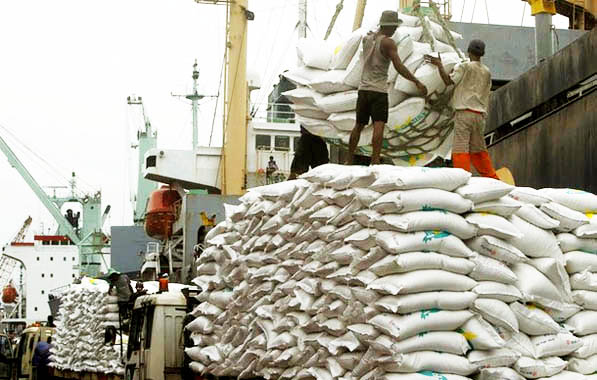The Chinese government has pledged to boost its imports of agricultural products from Nigeria in the wake of Nigeria’s significant export of N572.58 billion worth of agricultural goods to the Asian market, including China.
This commitment was announced during the first plenary meeting of the China-Nigeria Intergovernmental Committee held in Beijing, where Wang Yi, China’s Minister of Foreign Affairs, and Yusuf Tuggar, Nigeria’s Minister, reviewed the positive strides in bilateral relations over the past 50 years.
Strengthening Cooperation Across Sectors
According to a joint statement published on China’s foreign affairs website, both nations agreed to enhance collaboration in infrastructure, electricity, telecommunications, finance, agriculture, industry, mining, and free trade zones. China specifically intended to increase imports of high-quality agricultural products from Nigeria.
The statement highlighted mutual efforts to foster an open, fair, and non-discriminatory business environment, support the multilateral trading system centred around the WTO, and oppose trade protectionism. Additionally, China affirmed its support for Nigeria in enhancing military security technology and equipment to address security challenges effectively.
Nigerian Government’s Response
Yusuf Tuggar confirmed the meeting’s outcomes, emphasizing the robust relations between Nigeria and China, which span various sectors, including infrastructure, agriculture, and digital economies. He underscored both countries’ commitment to good governance, regional stability, and economic development, noting discussions on a currency swap agreement to facilitate trade.
Overview of Trade Relations
China has been a pivotal trading partner for Nigeria, leading import statistics in the first quarter of 2024. Chinese imports accounted for N2,930.10 billion, representing 23.18% of Nigeria’s total imports. The Nigerian Bureau of Statistics reported that agricultural exports, notably sesame seeds valued at N83.29 billion and N58.04 billion to China and Japan, respectively, underscored the significance of Asian markets for Nigerian agricultural products.











